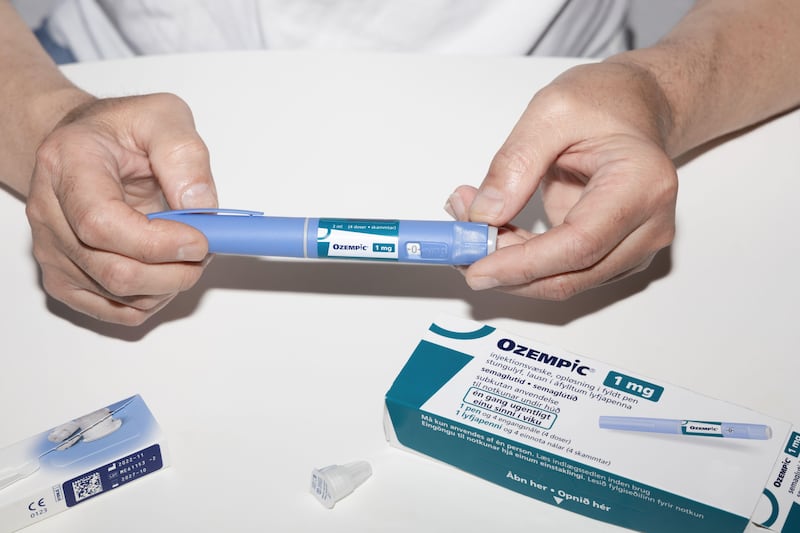Fake weight-loss drugs in Northern Ireland have resulted in 18 investigations and one successful prosecution in the last three years.
Answering a written question from the SDLP’s Foyle MLA, Mark Durkan, the Health Minister Mike Nesbitt detailed the current steps to tackle the demand for unregulated weight-loss drugs
“My department is committed to taking all possible steps to stop illegal promotion, supply or misuse of medicines and, when appropriate, to alert the public about the dangers of using unauthorised and counterfeit medicines outside the regulated supply chain,” he said.
He explained that when alerted to a breach of the Human Medicines Regulations, the department’s Medicines Regulatory Group (MRG) had a range of enforcement measures including warnings or advice, referral to professional bodies or prosecution.
“My department cannot disclose all information in respect of its live investigative work. However, I can confirm that during the period 2022 -2024 inclusive, MRG has conducted 18 investigations focusing on the unlawful possession, advertisement and/or supply of counterfeit or unlicensed weight-loss medicinal products.”
He added that one person had so far been successfully prosecuted and a further four prosecutions were pending.
In addition, MRG has issued 10 formal “Advice and Warning letters,” seized over 340 weight-loss medicinal products as well as reporting two people to their professional regulatory bodies.
Mr Nesbitt added that appropriate steps had been taken to alert the public about the dangers of using unauthorised and counterfeit medicines outside the regulated supply chain, including statements and social media alerts.
Taking falsified medicines can harm your health. They may contain:
— World Health Organization (WHO) (@WHO) June 20, 2024
❌ no or incorrect amount of active ingredient
❌ the wrong active ingredient
These medicines won’t treat or prevent disease & may cause harmful side effects. Only purchase 💊 from authorized pharmacies.
Last month, the World Health Organization (WHO) issued a warning against fake semaglutides, the type of medicines used to treat type 2 diabetes and obesity in some countries.
Falsified batches under the brand name Ozempic were detected in Northern Ireland in October as well as Britain, Brazil and the United States.
Most semaglutide products are injected using a pre-filled pen or available as tablets, and are shown to suppress appetite and lower blood sugar levels.
With a global surge in demand from those seeking to lose weight, WHO has also reported an increase in unauthorised versions which can lead to “an unpredictable range of health risks or complications.”
Patients are urged to protect themselves by only using prescribed medicine from and avoid buying from unfamiliar or unverified sources, such as online.









